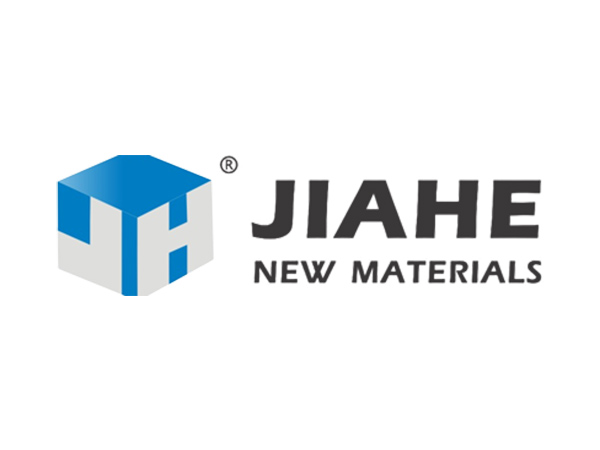Wastewater Treatment
Zeolite A4 plays a crucial role in wastewater treatment processes. Its ion – exchange property is particularly useful for removing heavy metal ions from wastewater. Heavy metals such as lead (Pb2+), cadmium (Cd2+), and copper (Cu2+) are harmful to the environment and human health. Zeolite A4 can exchange its sodium cations with these heavy metal ions present in wastewater. For example, in industrial effluents from metal – plating factories, Zeolite A4 can be added to the wastewater treatment system. The heavy metal ions in the wastewater are attracted to the negatively charged sites within the Zeolite A4 framework, displacing the sodium ions. This effectively reduces the concentration of heavy metals in the wastewater, making it compliant with environmental discharge standards.
Moreover, Zeolite A4 can also remove ammonium ions (NH4+) from wastewater. Ammonium ions are common pollutants in wastewater from sources such as agricultural runoff and domestic sewage treatment plants. High levels of ammonium in water bodies can cause eutrophication, leading to excessive growth of algae and oxygen depletion. Zeolite A4 adsorbs ammonium ions through ion – exchange, thereby preventing the eutrophication of receiving waters.
Air Purification
In air – purification applications, Zeolite A4 is used to remove harmful gases and volatile organic compounds (VOCs) from the air. As mentioned earlier, it can selectively adsorb small – sized molecules. Pollutant gases like sulfur dioxide (SO2), nitrogen oxides (NOx), and some VOCs such as formaldehyde and benzene have molecular sizes that allow them to enter the pores of Zeolite A4. In industrial settings, such as power plants and chemical factories, Zeolite A4 – based filters can be installed in exhaust systems. These filters trap the harmful gases, preventing them from being released into the atmosphere.
In indoor environments, Zeolite A4 can be incorporated into air – purifying devices. Indoor air can be contaminated with VOCs from sources like paints, adhesives, and furniture. Zeolite A4 helps in reducing the concentration of these harmful substances, improving indoor air quality and creating a healthier living environment.
Soil Remediation
Zeolite A4 can contribute to soil remediation efforts. In soils contaminated with heavy metals, Zeolite A4 can be added to immobilize the heavy metals. The ion – exchange capacity of Zeolite A4 binds to the heavy metal ions in the soil, reducing their mobility. This prevents the heavy metals from leaching into groundwater or being taken up by plants, thus reducing the risk of heavy – metal transfer through the food chain.
Furthermore, Zeolite A4 can improve soil quality by enhancing its water – holding capacity and cation – exchange capacity. In arid and semi – arid regions, soils often have poor water – retention capabilities. Zeolite A4 can adsorb and retain water, making it available for plant roots over a longer period. Additionally, its cation – exchange ability can help in retaining essential nutrients such as potassium (K+), calcium (Ca2+), and magnesium (Mg2+) in the soil, promoting better plant growth and reducing the need for excessive fertilizer application, which can also have environmental benefits.

